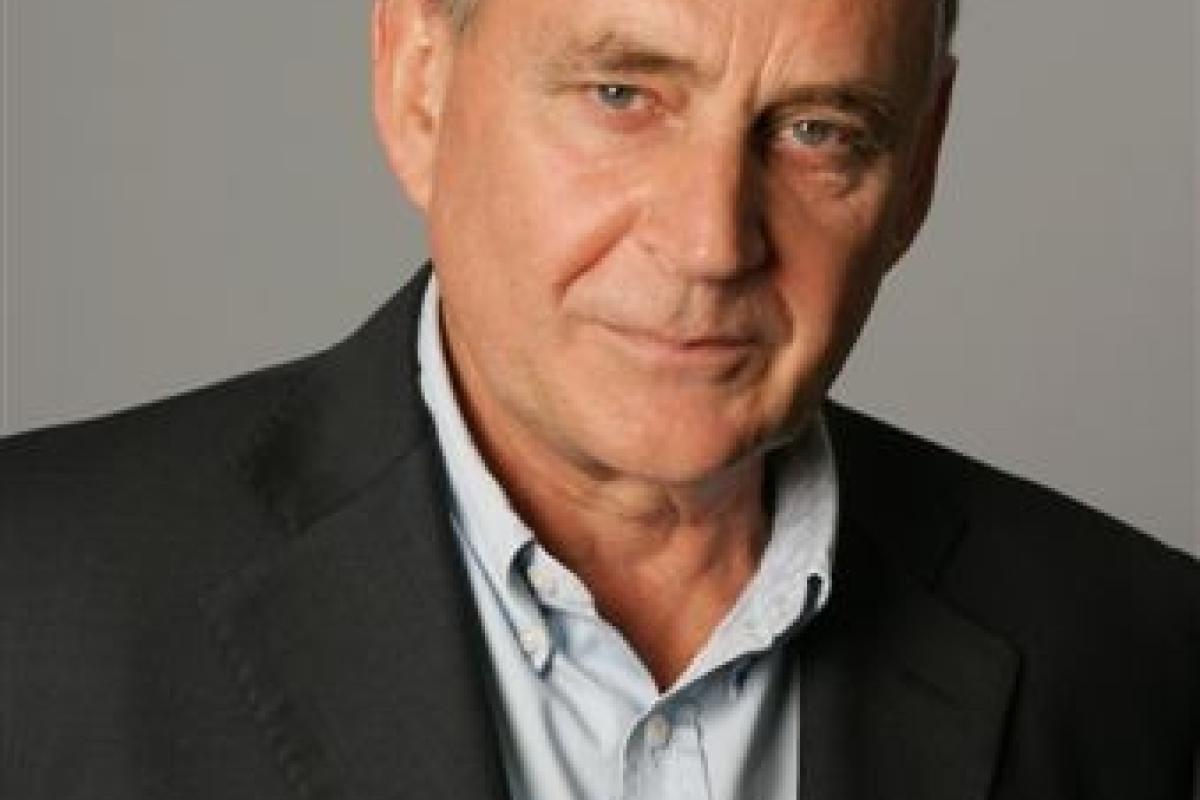Following the Fellows Dinner with Nicola Horlick, CEO, Bramdean Asset Management our chief executive shares his first thoughts on how marketing can represent itself better to the City.
1. We need to distinguish between the views and attitudes of FD’s generally and “The City”. FD’s may often be responding to what they see as the short term demands of the City, but some people in the City do get the role of marketing and brands, and value it. Martin Deboo at Investec, whose job is to follow the publicly quoted top consumer companies like Unilever and Diageo, went so far as to say that the City is conducting an “irrational love-in with marketing”… Martin’s view may be a bit rosy because of the companies he studies, but I do know that Diageo are particularly good (and unusual) in both measuring and communicating the value and health of their of their brands both internally and to the City. They are a particularly good company for us to follow and hold up as an example of best practice to the rest of the City.
2. A number of people talked of the importance of working closely with their own FD’s and one of our guests had even brought their FD along to illustrate the point. On the one hand marketers need to be able to speak at least some of language of the boardroom – that is finance – and on the other most finance directors can be taught to understand the value of brand equity – even if they do see marketing as an expenditure rather than an investment (incidentally as Tim Ambler always taught me, marketing and advertising is an expenditure not an investment and benefits from being a fully tax allowable expenditure in the year that it us spent…)
3. Good marketing is more than just selling. In the short term sales revenue can often be increased by dropping price, but good marketers are concerned with the long term health of their brands which will be ensured by a variety of different methods such as product innovation, service or better advertising.
4. Growth as one of our guests observed is the only game in town right now. And marketers should be the key people in the organisation driving it – either by stealing share or expanding the market.
5. Marketers should not however, be merely tribal. Though The Marketing Society (not surprisingly!) consists mainly of marketers, we should be promoting not just marketers, but Marketing as the right philosophy of the business. In conversations like last night Apple always comes up as a model marketer, yet as a company they hate the word marketing – which they equate merely with an over-emphasis on communication – and they prefer to see themselves as inspired designers. As does James Dyson. Tesco’s obsession is not with “marketing” but with listening to the customer.
6. In our Manifesto for Marketing which we published seven years ago, we said that marketers should be the “Customer Champions, Business Innovators and Growth Drivers” in their companies, and that in order to do this they need to become “more collaborative, more commercial and more accountable”. It is time to revisit this document and reflect on how relevant it still is and what progress we have made. One glaring weakness of it is that it contains no reference to sustainability.
7. Evidence of the effectiveness of marketing was mentioned several times last night, and it is a constant role of The Marketing Society to try and provide this. Our Annual Awards for Excellence go some way to helping with this, but companies are not always willing to share commercial data in full, and we need to be constantly looking for examples of best practice which we can share.
8. CEO’s and the value of them (or not!) is a very topical question at the moment, so I am delighted that we have some research in the field at the moment into the importance of CEO’s understanding of marketing – as part of their armoury of leadership skills. This has been led by our Chairman Suki Thompson, and should provide us with some useful PR opportunities….
The clear actions that come out of this include:
1. Reviewing and revising the Manifesto for Marketing (volunteers to help with this welcome!)
2. Finding more example of brand equity development good practice in addition to Diageo.
3. Drawing up some best practice guidelines on building a beautiful and productive relationship with your FD
4. Devising a PR plan that gives Nicola Horlick some useful ammunition.
